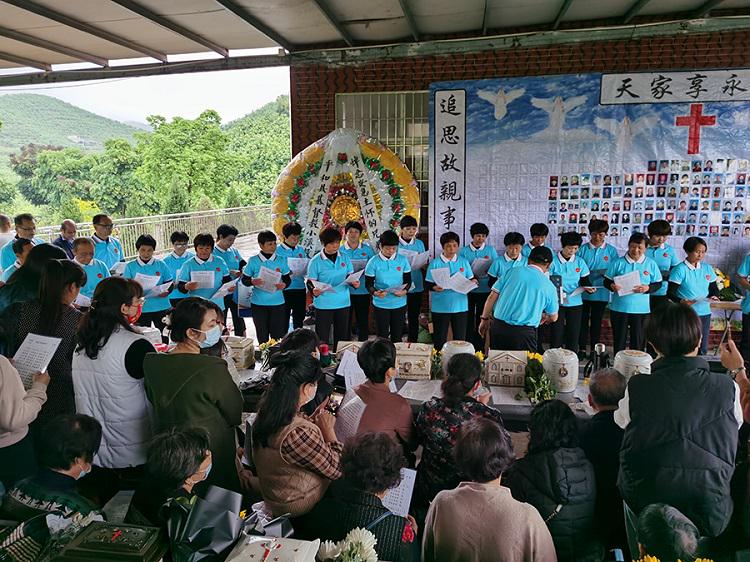Recently, while visiting the Minnan (South Fujian) region, I discovered that local churches count their believers by "households." When asked about the number of believers, they generally tell you the number of households; if even one person in a family has been baptized as a Christian, the rest are considered seekers.
Through investigation and review of materials, I learned that the clan culture in the Minnan region is relatively strong. People place great importance on relationships within their clan, family, and household. A pastor mentioned that the locals first consider whether anything would bring shame to their clan before thinking about themselves and their immediate family.
In addition, the Minnan region is rich in religious beliefs, including Buddhism, Taoism, Christianity, Catholicism, Islam, and numerous folk religions. In terms of variety and number of religious beliefs, the southern Fujian people have the most among all ethnic groups in the country. Minnan people often refer to idol worship as "bai bai," which means worship or sacrifice. The objects of worship can be historical figures or fictional deities and spirits. Recently, the “parade of the gods” also caused a stir online.
Under the dual influence of clan culture and religious beliefs, a distinctive feature in the area is that both Christian faith and idol worship are family-oriented: a whole family believes in Christianity, or a whole family practices idol worship. Therefore, when counting believers, they use the concept of households.
Certainly, churches still have baptism records. They typically estimate four people per household when counting the overall number of believers. For example, a county church with 700 registered members would have a pastoral population of 2,800 people, including seekers. However, the actual number of congregants attending services might only be around 400. There are several reasons why seekers might not attend services: some are too busy with work, some need time to learn the basic doctrines before baptism, and some do not oppose their family members' faith but do not actively participate themselves.
A pastor mentioned that generally, if one family member is a believer, the others, who don't attend church, won't participate in idol worship either. Moreover, family events such as weddings and funerals would be conducted according to church ceremonies.
In their teachings, pastors encourage believers to practice love within their families, so as to influence those around them. "Why is your family so harmonious?" Many people will naturally come to know Jesus because they see that Christianity is a religion of love and different from others.
Another significant aspect of the Minnan people's emphasis on clan culture is the importance placed on ancestor worship. The local customs for ancestor veneration are heavily mixed with idol worship. When the gospel was first introduced to Minnan, the missionaries concluded that ancestor worship involved treating people as gods, which was a form of idolatry. Hence, Chinese Christians were prohibited from ancestor worship, and this custom has been passed down among Minnan Christians.
The Qingming Memorial Service held by a church in Pinghe, Zhangzhou, can be seen as a beneficial attempt to replace local ancestor worship practices. To show respect to deceased ancestors, the service has been held four times since 2019, with the exception of the three years during the pandemic. The memorial service, conducted in a Christian manner, typically takes place on the Saturday before the Qingming Festival, with thousands attending each time. The service is held at the Pinghe Fushou Hall, where attendees read scriptures, observe moments of silence, sing hymns, listen to sermons, receive blessings, and then offer flowers to their deceased relatives in sequence.
Inspired by this church, other churches in the county and Zhangzhou city have also started holding collective memorial services, providing a platform for people to commemorate their family members and ancestors according to Christian rituals.
Pastor L of the church stated that the memorial service not only allows believers to express their grief for deceased loved ones but also gives them hope, indirectly aiding the spread of the gospel. He also mentioned that, as the only child in local families, the person feels lonely when commemorating alone during the Qingming Festival. Now, with thousands attending the memorial service together, tomb sweepers no longer feel isolated or helpless.
“Whether believers or non-believers, each person can understand how Christianity views death from this memorial service. Although the ritual is simple, it demonstrates that believing in Jesus does not mean forgetting one’s ancestors,” he added.
- Translated by Abigail Wu












